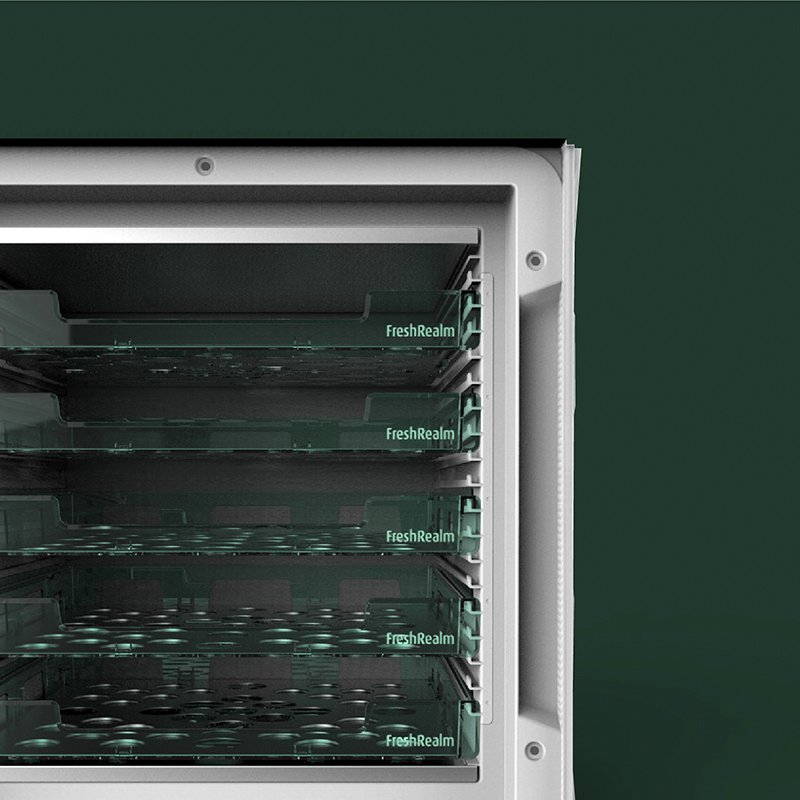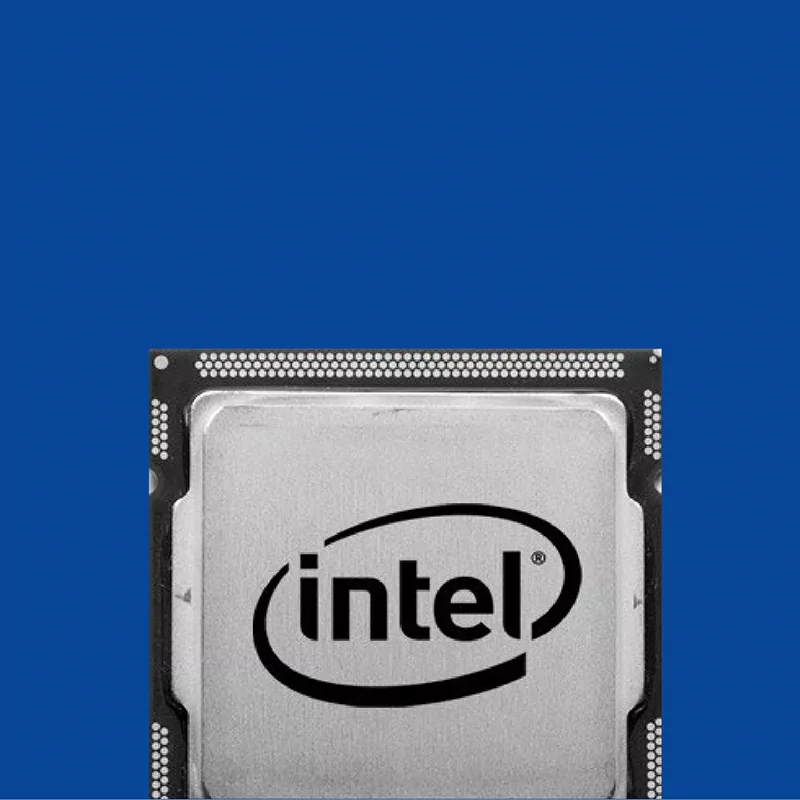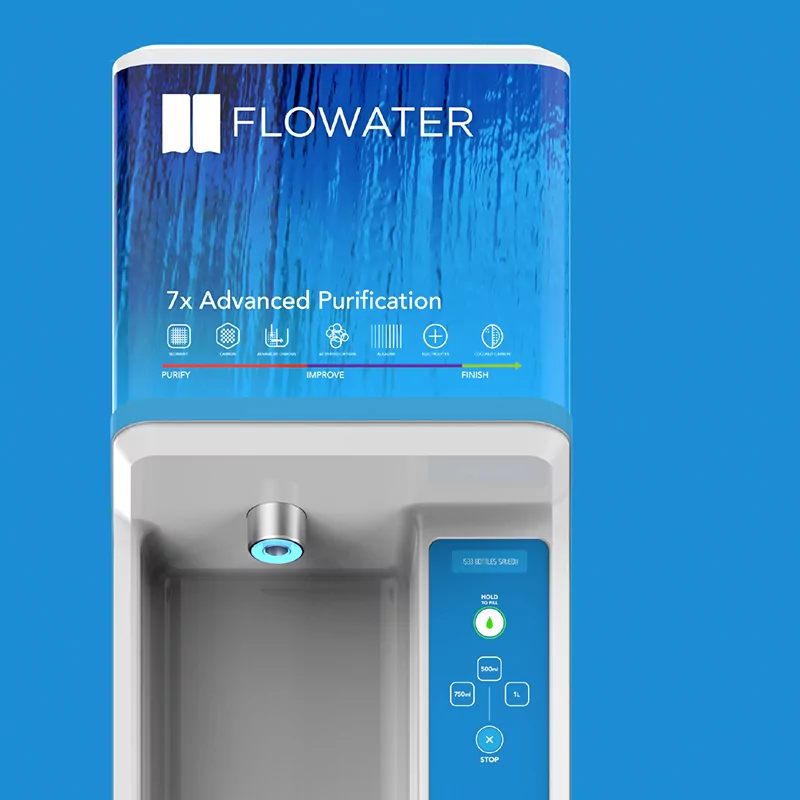Industrial Equipment Design
Featured Projects
Industrial Equipment Design Overview
– Ravi Sawhney, Founder
About RKS
We’ve designed, developed, and engineered hundreds of products for industrial purposes. We’ve worked in various industries, such as manufacturing, technology, CPG, and sustainability.
As a full-service industrial design agency, we offer services in research, product design, industrial design, and industrial design consulting. We offer services in product planning, tech roadmaps, and concept design. Our team also specializes in interface design, user research, usability tests, prototyping, IP support, and more.
RKS has 40 years of experience in industrial design and innovation. We’ve designed products seen globally and offer services for both new and existing designs.
Our unique psycho-aesthetic approach helps address design, brand, and engineering challenges. Harvard and other institutions across the United States teach this method. Our expert team uses this approach to deliver creative solutions across various industries.
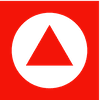
Human-Centered Process
Psycho Aesthetics (P/A) is our unique approach to design thinking.
Over the years, P/A has evolved into a top-tier design-thinking tool. It offers designers a clear approach to research, design, UX, branding, naming, mission statements, user interaction, and more. It offers a design framework that combines key insights with a “hero’s journey” for everyone involved. Extending from consumers to our team members.
P/A is a versatile design tool, and its potential depends on one’s willingness and talent to use it. Combined with “design doing,” success is exponentially advanced when created through this framework.
Industrial Equipment Design Capabilities
Research Design
Designers often aren’t the users of industrial products. So, we research to deeply understand the target market behaviors, needs, and lifestyles. We use tools like ethnography, interviews, and testing. This research helps RKS make designs that benefit users for years, ensuring they’re safe, easy to learn, and simple to use.
Ethnographic Research
We root our design thinking in ethnographies, studying consumers in their daily lives. We observe them everywhere, from homes to hobbies. When we can’t be there, we use technology to gain insights and gather data. This experience helps us turn insights from ethnographies into award-winning designs.
Industrial Product Strategy Design
We take a comprehensive approach when planning a consumer device. Beyond just the product, we consider client goals, budgets, regulations, and market needs. We balance features, cost, and timing to create a product consumers want at the right price.
Our designers focus on the entire user experience, from manuals to graphics and servicing. We also consider the product’s lifespan, determine which parts users can replace, and figure out how to disassemble it.
Industrial Product Production Support
Industrial products usually face fewer regulations than consumer ones. Yet, they still need to follow health, safety, and environmental rules like TSCA, Prop 65, and EU standards like REACH.
Consumers can also use some industrial designs, which then face extra regulations. If a product isn’t strictly industrial, we ensure it meets CPSC safety standards. Throughout our design process, we ensure products align with all necessary regulations and are ready for agency testing.
FreshRealm
A zero waste solution that provides healthy meals from the farm to the table in two days.
Production Design
Industrial products need to be durable and efficient for high-intensity environments. We often design them for mass production to keep costs low. Our process considers these tough requirements and ensures designs are affordable for the market. Our designers prioritize understanding these needs from the start.
Designer Insights
Designers play a crucial role in turning ideas into products. They look at overall issues, brainstorm, and choose directions. Designers connect business and user needs, even when they are different, by working with clients.
In 2020, we carry years of expertise in synthesizing diverse needs into coherent industrial designs and strategies that are wildly successful.
Industrial Design
As an industrial design firm, we prioritize functional industrial design that emphasizes intuitive creativity and calculated scientific decision-making.
We think it’s our responsibility to create impactful products that define their markets and industries. We’ve built a collaborative space where our designers craft top-notch solutions that merge style and functionality.
In defining industrial product design, we take a holistic approach and consider usability, physical ergonomics, marketing, brand development, sustainability, and sales. We use our psycho-aesthetics approach to identify users’ key needs and find where we can add the most value. We involve ourselves in the design process from product concept to product launch.
Industrial Design Capabilities
Industrial Product Definition and Industrial Product Design and Development
We use our special psycho-aesthetics methodology in our industrial product development process to create emotional ties between products and users. Instead of just focusing on how a product feels, we consider how it makes users feel about themselves.
For industrial designs, this means helping workers feel safe and efficient. Our designs aim to reduce risks and speed up tasks. Industrial product experience design emphasizes a product’s aesthetic appeal, structural form, color palette, and tactile experience.
Engineering and Verification
Industrial products come with specific challenges needing expert engineering. Our experienced team often designs with intricate systems and innovative materials. Using advanced AR/VR and CAD tools, we address these issues early, speeding up the design, prototyping, and production process.
Technology Roadmap
We use a three-phase approach for technology roadmap development. First, we set essential requirements, leadership, and scope. Next, we pinpoint system needs, main technology areas, and alternatives. In the final phase, we refine our roadmap before implementing it.
This process ensures we prioritize cost-effective technologies for outstanding results.
Proof of Concept
Our proof of concept (POC) method helps us share knowledge, explore new technologies, and present a concrete idea. A POC tests a design or technology idea. Its main goal is to show our design’s basic functions and confirm its feasibility. We also include safety analysis to meet standards set by bodies like the FDA and CSA.
Intel
Creating a new business unit to position Intel into a service provider and not just a chip manufacturer.
Beta Prototyping
Beta Prototyping lets us turn a concept into a testable product for user feedback. This feedback guides design and function improvements. It also helps our team gauge the time needed for a final product.
Since we center our design on users, industrial product prototyping is vital for advancing production and pinpointing issues. It refines and validates our design direction with better accuracy.
Future Concept Development
After creating a concept and prototype, we plan for upcoming features and technologies. Future concept development considers upcoming tech, global trends, market changes, and user needs. It might involve basic requirements or new prototypes. Tailored to client needs and the device type, this approach helps businesses adapt to market changes more quickly.
Intellectual Property Support
After making a prototype from our concept, we plan ahead for upcoming features and technologies. We consider future tech trends, global shifts, market changes, and what users might need. Depending on the client and device type, this might involve new concepts or prototypes. This approach helps businesses quickly adapt to market changes.
Product Engineering and Experience Design
The experience of a product is a combination of industrial design, UI, and branding into a compelling UX.
This UX must often comply with regulatory guidance while providing an excellent UX and UI. Throughout our design and engineering stages, we use formative testing, human factors validation, and usability engineering to manage risk.
Experience Design Capabilities
FloWater
A more premium, refreshing and sustainable alternative to disposable water bottles.
Usability & Engineering
Industrial product designers need to ensure users can safely use a device in its intended setting. We enable this through human factors validation testing, user testing, or usability engineering. This process helps minimize errors that might cause harm.
We test product prototypes with typical users to find strengths, weaknesses, and possible errors. Additionally, we collaborate with device manufacturers to shape our tests based on identified risks and selected KPIs to lower those risks.
UX Design
User experience design (UX) defines a great industrial product. We gauge this through performance, accuracy, and usability. Products should address user needs, solve problems, and outshine existing solutions.
We must build them consistently to specifications for a uniform UX. For a product to be usable, users should find it familiar. To achieve this, UX must be a focus from research to manufacturing. Our team looks at every product detail, from size to technical constraints.
UI Design
User interface design and industrial design shape how users interact with products. We aim for designs that are user-friendly and efficient. Through human-centered design, we consider how users will use and react to the product.
We follow key UI principles: giving users control, ensuring comfort, simplifying tasks, and maintaining consistency. Our goal is to merge the UI and design for an outstanding user experience that empowers consumers.
Brand Design
A brand forms an emotional bond with consumers through its design, influencing how they feel about themselves. In competitive markets, a strong brand identity is vital. It helps businesses stand out, attracts partners, guides marketing, and sets pricing based on brand value.
While some think a brand is just about a logo and colors, we believe in a comprehensive approach. This includes business and audience analysis, brand positioning, creative development, social media marketing, implementation, and ongoing evaluation.
Digital Development
Modern industrial products combine cutting-edge software and hardware. With technology ever-evolving, these products often merge both realms. We utilize top tools and technologies like augmented reality, AI facial and body tracking, natural language processing, blockchain, machine learning with tools like TensorFlow, video processing, hardware integration, IoT, and 3D imaging with OpenGL.
FAQ's
What is industrial product design?
Industrial product design focuses on conceptualizing and creating products that are functional, aesthetically pleasing, and manufacturable. It combines art, science, and technology to bring innovative solutions to everyday problems.
How does industrial product design differ from general product design?
While general product design can encompass a broad range of items, from digital assets to physical objects, industrial product design specifically targets mass-produced goods, often involving materials like plastics, metals, and other industrial materials.
Why is understanding the market crucial for successful industrial product design?
A deep understanding of the market helps designers cater to consumer needs, predict trends, and ensure that the product has a competitive edge once launched.
What are the key stages in the industrial product design process?
The key stages include research, ideation, prototyping, testing, and manufacturing. Each stage requires careful planning and execution to ensure product success.
Can I see examples of previous industrial product design projects from RKS Design?
Certainly! https://rksdesign.com/work-all/. Our portfolio showcases a range of products we’ve designed, reflecting our commitment to innovation and quality.
How do I get started with RKS Design for my industrial product design needs?
Begin by reaching out to our team at https://rksdesign.com/contact/. We’ll discuss your product ideas, market research, and how we can collaborate to bring your vision to life.
Industrial Products Project Spotlight
FreshRealm
A zero waste solution that provides healthy meals from the farm to the table in two days.
Intel
Creating a new business unit to position Intel into a service provider and not just a chip manufacturer.
FloWater
A more premium, refreshing and sustainable alternative to disposable water bottles.
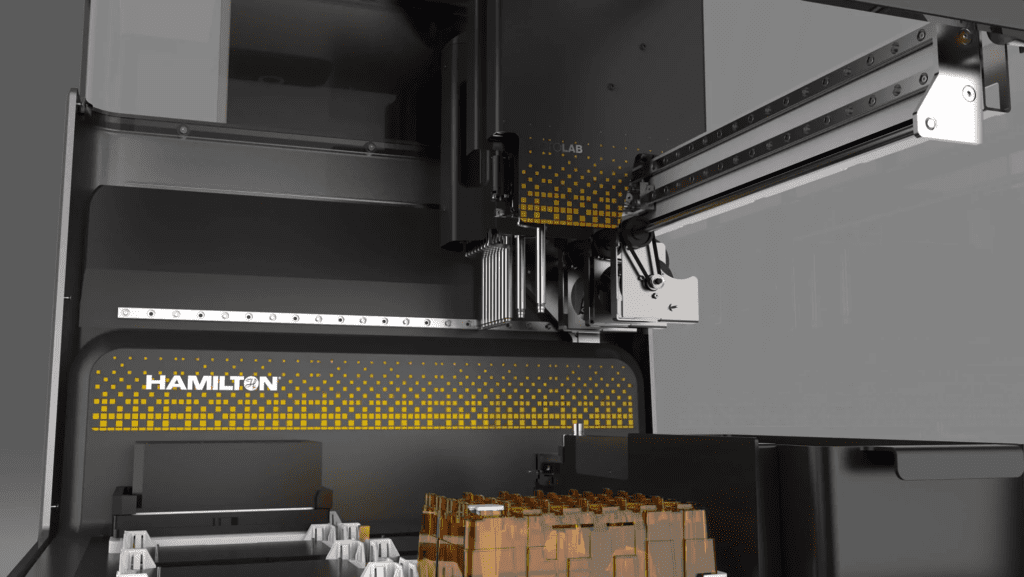
Industrial Equipment Design
We are a human-centered industrial design company and service design & development company.

Featured Projects

– Ravi Sawhney, Founder
About RKS
We’ve designed, developed, and engineered hundreds of products for industrial purposes. We’ve worked in various industries, such as manufacturing, technology, CPG, and sustainability.
As a full-service industrial design agency, we offer services in research, product design, industrial design, and industrial design consulting. We offer services in product planning, tech roadmaps, and concept design. Our team also specializes in interface design, user research, usability tests, prototyping, IP support, and more.
RKS has 40 years of experience in industrial design and innovation. We’ve designed products seen globally and offer services for both new and existing designs.
Our unique psycho-aesthetic approach helps address design, brand, and engineering challenges. Harvard and other institutions across the United States teach this method. Our expert team uses this approach to deliver creative solutions across various industries.

Human-Centered Process
Psycho Aesthetics (P/A) is our unique approach to design thinking.
![]() Research Design
Research Design
![]() Ethnographic Research
Ethnographic Research
![]() Strategy Design
Strategy Design
![]() Production Support
Production Support
![]() Production Design
Production Design
![]() Designer Insights
Designer Insights
Over the years, P/A has evolved into a top-tier design-thinking tool. It offers designers a clear approach to research, design, UX, branding, naming, mission statements, user interaction, and more. It offers a design framework that combines key insights with a “hero’s journey” for everyone involved. Extending from consumers to our team members.
P/A is a versatile design tool, and its potential depends on one’s willingness and talent to use it. Combined with “design doing,” success is exponentially advanced when created through this framework.
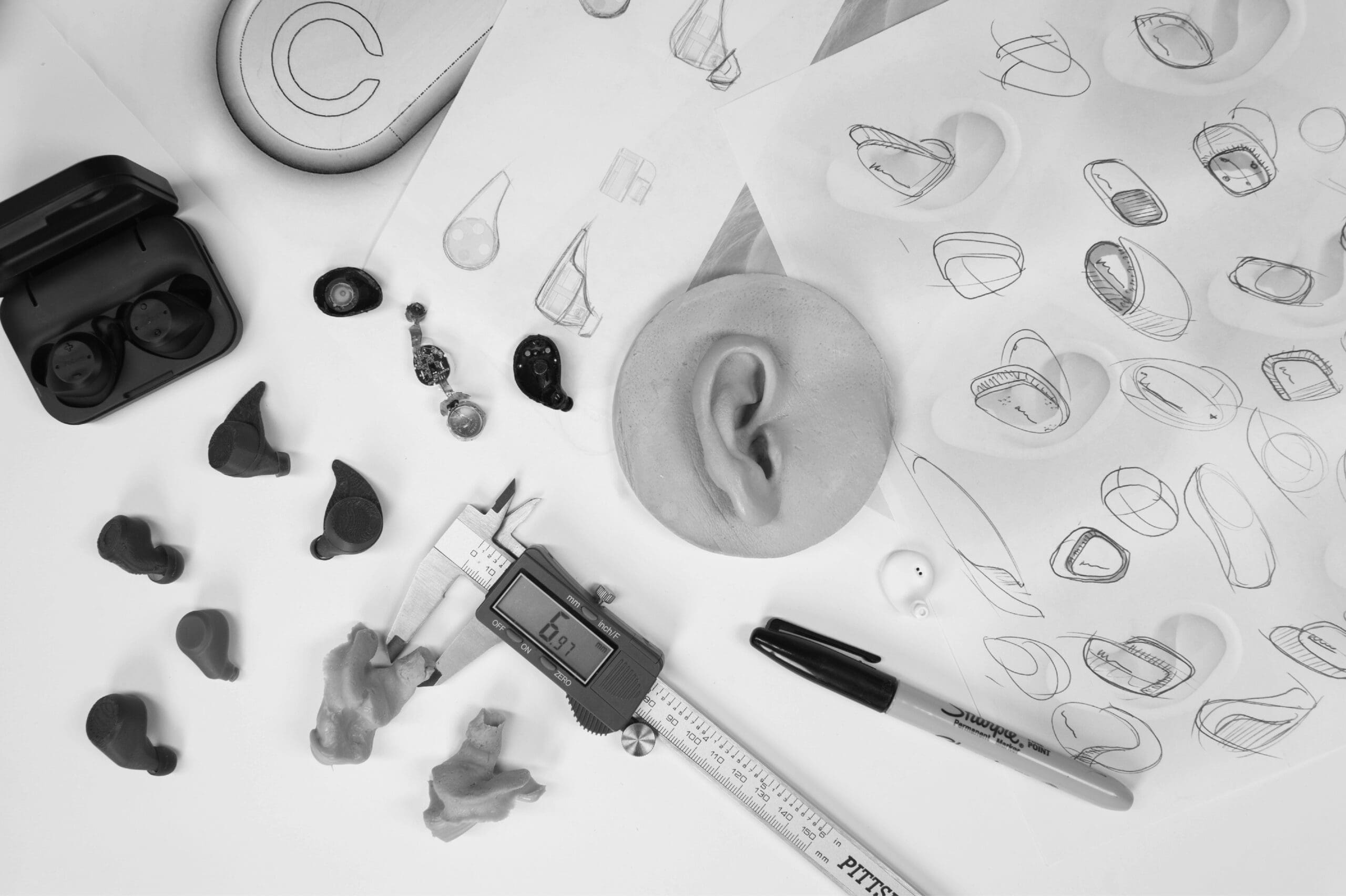
Research Design
Designers often aren’t the users of industrial products. So, we research to deeply understand the target market behaviors, needs, and lifestyles. We use tools like ethnography, interviews, and testing. This research helps RKS make designs that benefit users for years, ensuring they’re safe, easy to learn, and simple to use.

Ethnographic Research
We root our design thinking in ethnographies, studying consumers in their daily lives. We observe them everywhere, from homes to hobbies. When we can’t be there, we use technology to gain insights and gather data. This experience helps us turn insights from ethnographies into award-winning designs.
Industrial Product Strategy Design
We take a comprehensive approach when planning a consumer device. Beyond just the product, we consider client goals, budgets, regulations, and market needs. We balance features, cost, and timing to create a product consumers want at the right price.
Our designers focus on the entire user experience, from manuals to graphics and servicing. We also consider the product’s lifespan, determine which parts users can replace, and figure out how to disassemble it.

Industrial Product Production Support
Industrial products usually face fewer regulations than consumer ones. Yet, they still need to follow health, safety, and environmental rules like TSCA, Prop 65, and EU standards like REACH.
Consumers can also use some industrial designs, which then face extra regulations. If a product isn’t strictly industrial, we ensure it meets CPSC safety standards. Throughout our design process, we ensure products align with all necessary regulations and are ready for agency testing.
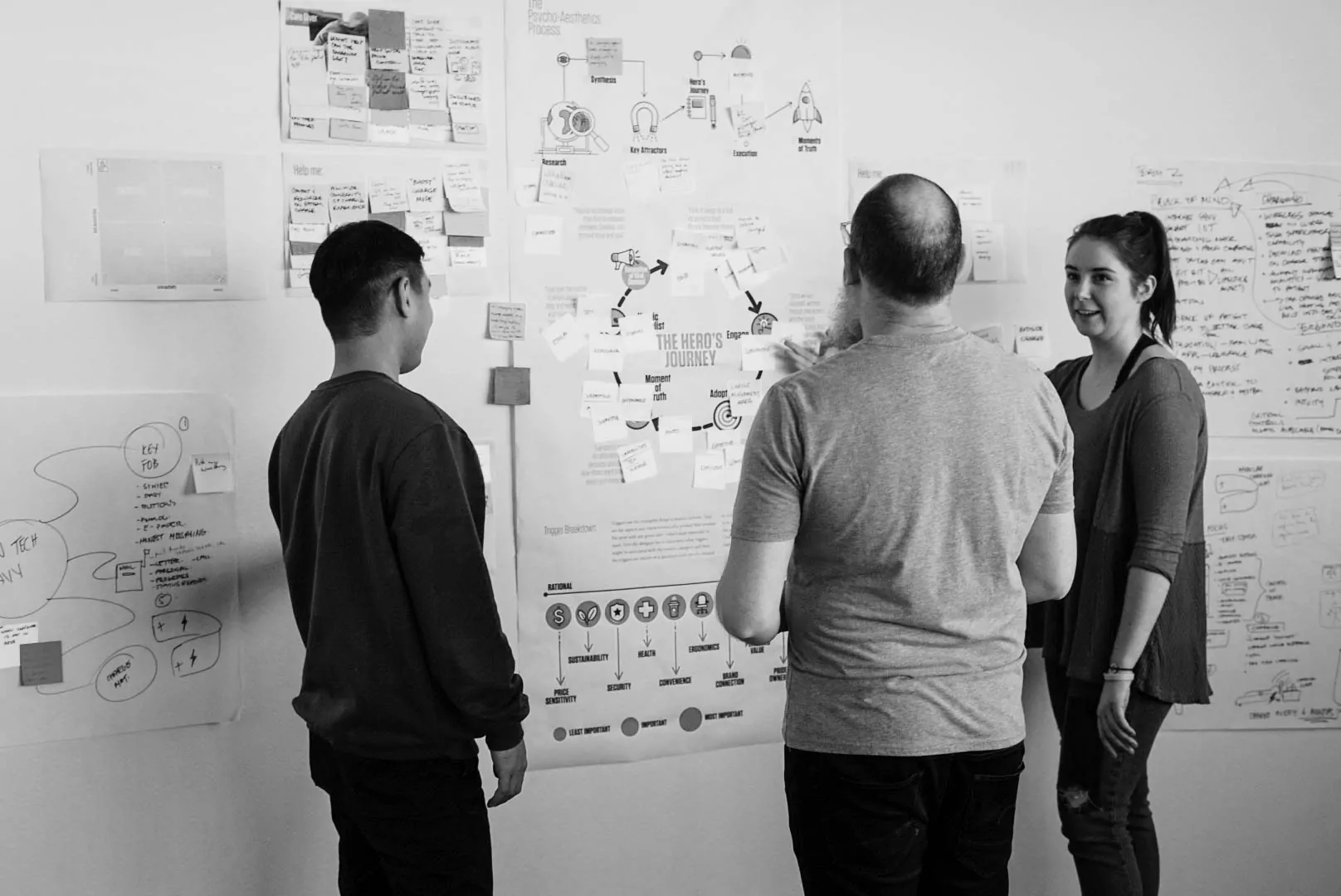
Production Design
Industrial products need to be durable and efficient for high-intensity environments. We often design them for mass production to keep costs low. Our process considers these tough requirements and ensures designs are affordable for the market. Our designers prioritize understanding these needs from the start.

Designer Insights
Designers play a crucial role in turning ideas into products. They look at overall issues, brainstorm, and choose directions. Designers connect business and user needs, even when they are different, by working with clients.
In 2020, we carry years of expertise in synthesizing diverse needs into coherent industrial designs and strategies that are wildly successful.
Industrial Design
As an industrial design firm, we prioritize functional industrial design that emphasizes intuitive creativity and calculated scientific decision-making.
Industrial Design Capabilities
![]() Product Definition
Product Definition
![]() Product Design and Development
Product Design and Development
![]() Engineering and Verification
Engineering and Verification
![]() Technology Roadmap
Technology Roadmap
![]() Proof of Concept
Proof of Concept
![]() Beta Prototyping
Beta Prototyping
![]() Future Concept Development
Future Concept Development
![]() Intellectual Property Support
Intellectual Property Support

We think it’s our responsibility to create impactful products that define their markets and industries. We’ve built a collaborative space where our designers craft top-notch solutions that merge style and functionality.
In defining industrial product design, we take a holistic approach and consider usability, physical ergonomics, marketing, brand development, sustainability, and sales. We use our psycho-aesthetics approach to identify users’ key needs and find where we can add the most value. We involve ourselves in the design process from product concept to product launch.
Industrial Product Definition and Industrial Product Design and Development
We use our special psycho-aesthetics methodology in our industrial product development process to create emotional ties between products and users. Instead of just focusing on how a product feels, we consider how it makes users feel about themselves.
For industrial designs, this means helping workers feel safe and efficient. Our designs aim to reduce risks and speed up tasks. Industrial product experience design emphasizes a product’s aesthetic appeal, structural form, color palette, and tactile experience.
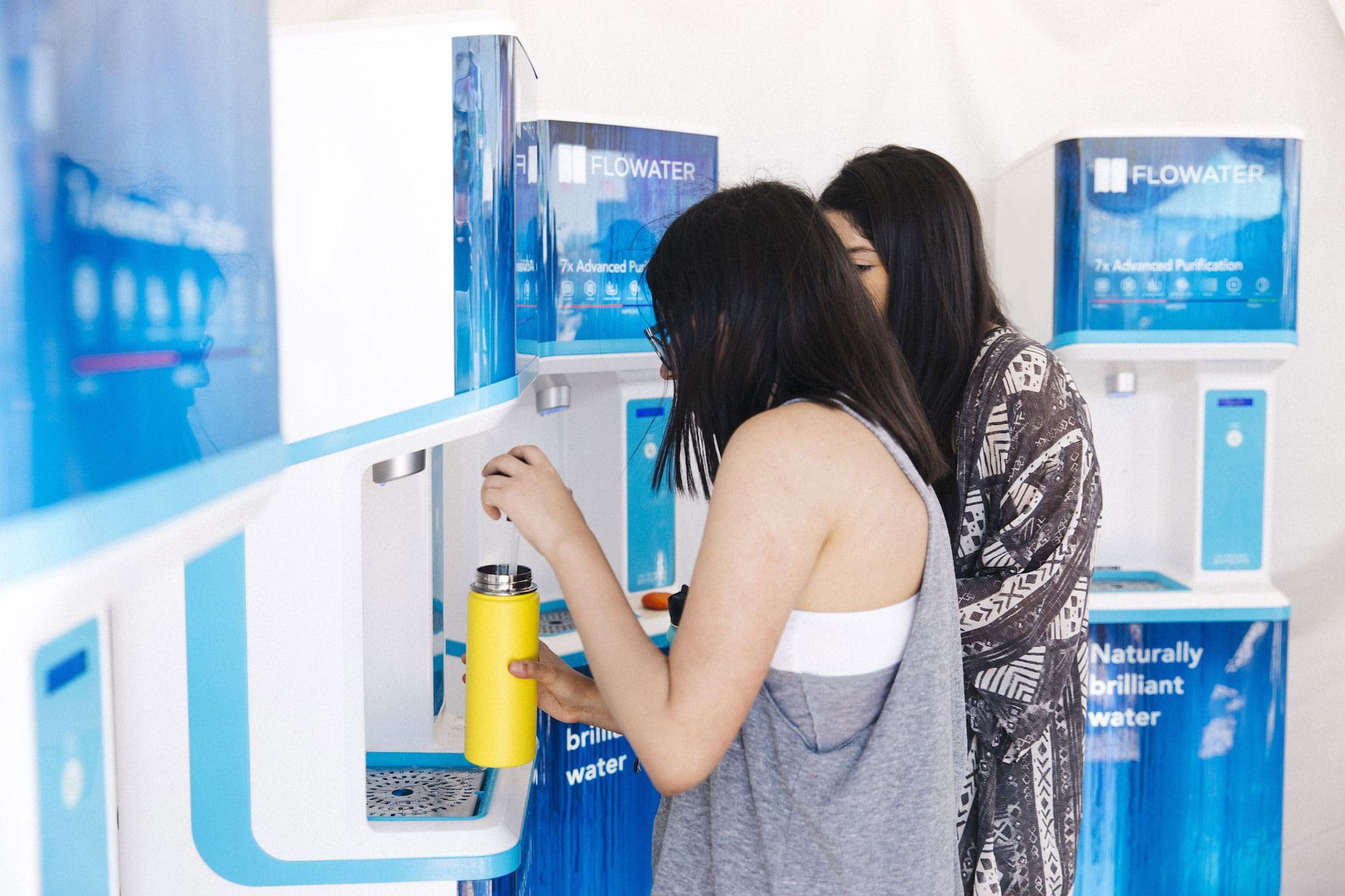

Engineering and Verification
Industrial products come with specific challenges needing expert engineering. Our experienced team often designs with intricate systems and innovative materials. Using advanced AR/VR and CAD tools, we address these issues early, speeding up the design, prototyping, and production process.
Technology Roadmap
We use a three-phase approach for technology roadmap development. First, we set essential requirements, leadership, and scope. Next, we pinpoint system needs, main technology areas, and alternatives. In the final phase, we refine our roadmap before implementing it.
This process ensures we prioritize cost-effective technologies for outstanding results.

Proof of Concept
Our proof of concept (POC) method helps us share knowledge, explore new technologies, and present a concrete idea. A POC tests a design or technology idea. Its main goal is to show our design’s basic functions and confirm its feasibility. We also include safety analysis to meet standards set by bodies like the FDA and CSA.
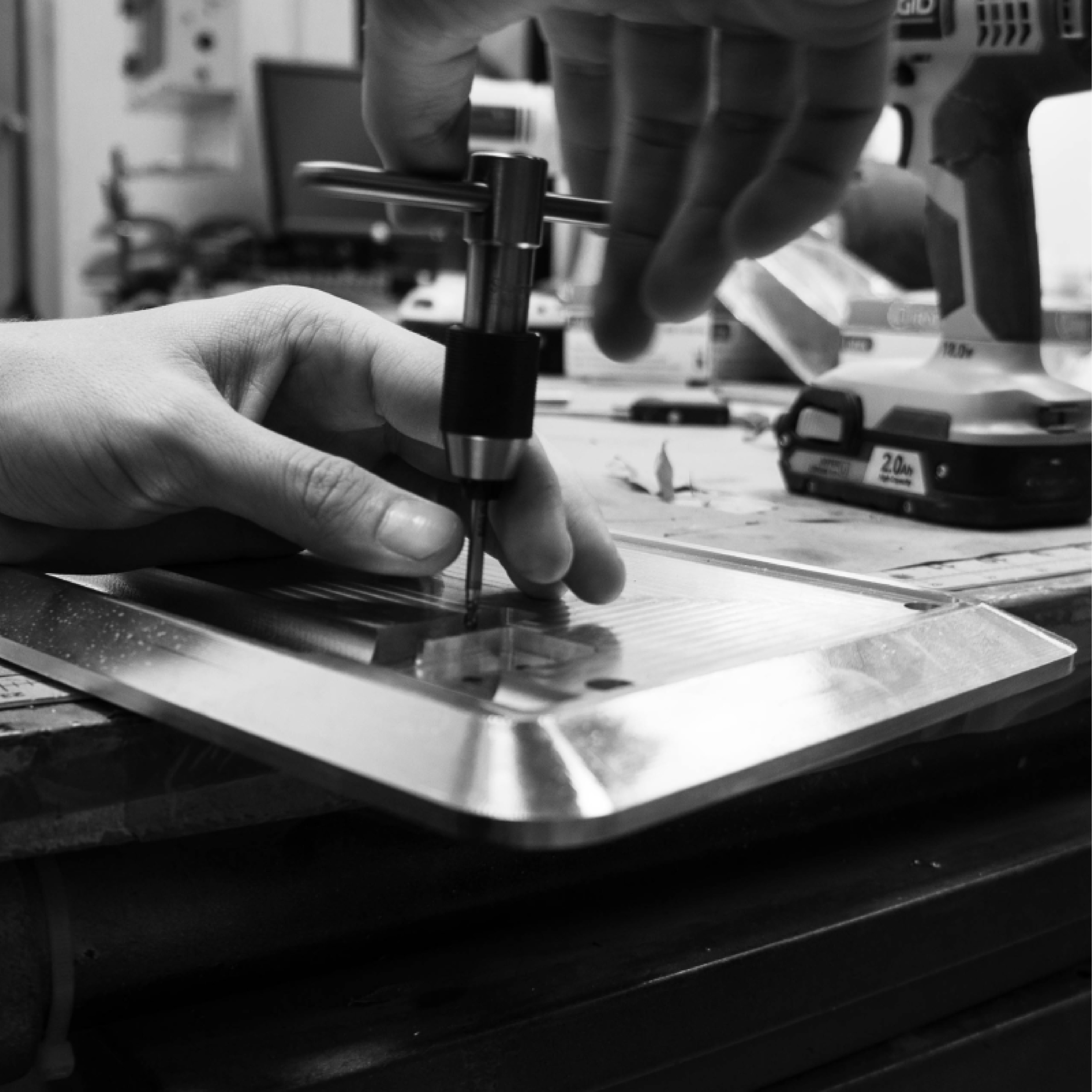
Beta Prototyping
Beta Prototyping lets us turn a concept into a testable product for user feedback. This feedback guides design and function improvements. It also helps our team gauge the time needed for a final product.
Since we center our design on users, industrial product prototyping is vital for advancing production and pinpointing issues. It refines and validates our design direction with better accuracy.

Future Concept Development
After creating a concept and prototype, we plan for upcoming features and technologies. Future concept development considers upcoming tech, global trends, market changes, and user needs. It might involve basic requirements or new prototypes. Tailored to client needs and the device type, this approach helps businesses adapt to market changes more quickly.

Intellectual Property Support
After making a prototype from our concept, we plan ahead for upcoming features and technologies. We consider future tech trends, global shifts, market changes, and what users might need. Depending on the client and device type, this might involve new concepts or prototypes. This approach helps businesses quickly adapt to market changes.
Product Engineering and Experience Design
The experience of a product is a combination of industrial design, UI, and branding into a compelling UX.
Experience Design Capabilities
![]() Usability & Engineering
Usability & Engineering
![]() UX Design
UX Design
![]() UI Design
UI Design
![]() Brand Design
Brand Design
![]() Digital Development
Digital Development
This UX must often comply with regulatory guidance while providing an excellent UX and UI. Throughout our design and engineering stages, we use formative testing, human factors validation, and usability engineering to manage risk.
Usability & Engineering
Industrial product designers need to ensure users can safely use a device in its intended setting. We enable this through human factors validation testing, user testing, or usability engineering. This process helps minimize errors that might cause harm.
We test product prototypes with typical users to find strengths, weaknesses, and possible errors. Additionally, we collaborate with device manufacturers to shape our tests based on identified risks and selected KPIs to lower those risks.

UX Design
User experience design (UX) defines a great industrial product. We gauge this through performance, accuracy, and usability. Products should address user needs, solve problems, and outshine existing solutions.
We must build them consistently to specifications for a uniform UX. For a product to be usable, users should find it familiar. To achieve this, UX must be a focus from research to manufacturing. Our team looks at every product detail, from size to technical constraints.
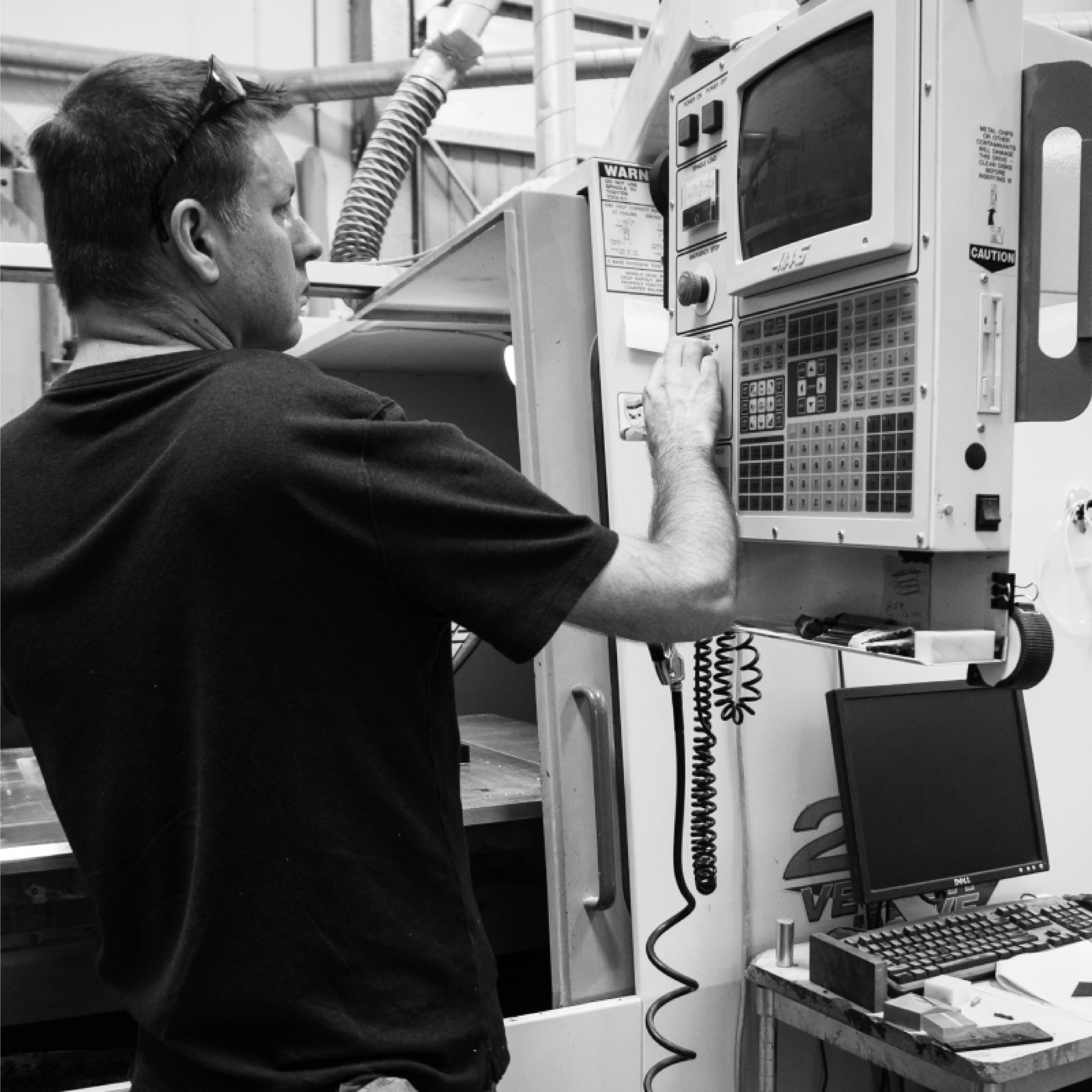
UI Design
User interface design and industrial design shape how users interact with products. We aim for designs that are user-friendly and efficient. Through human-centered design, we consider how users will use and react to the product.
We follow key UI principles: giving users control, ensuring comfort, simplifying tasks, and maintaining consistency. Our goal is to merge the UI and design for an outstanding user experience that empowers consumers.

Brand Design
A brand forms an emotional bond with consumers through its design, influencing how they feel about themselves. In competitive markets, a strong brand identity is vital. It helps businesses stand out, attracts partners, guides marketing, and sets pricing based on brand value.
While some think a brand is just about a logo and colors, we believe in a comprehensive approach. This includes business and audience analysis, brand positioning, creative development, social media marketing, implementation, and ongoing evaluation.
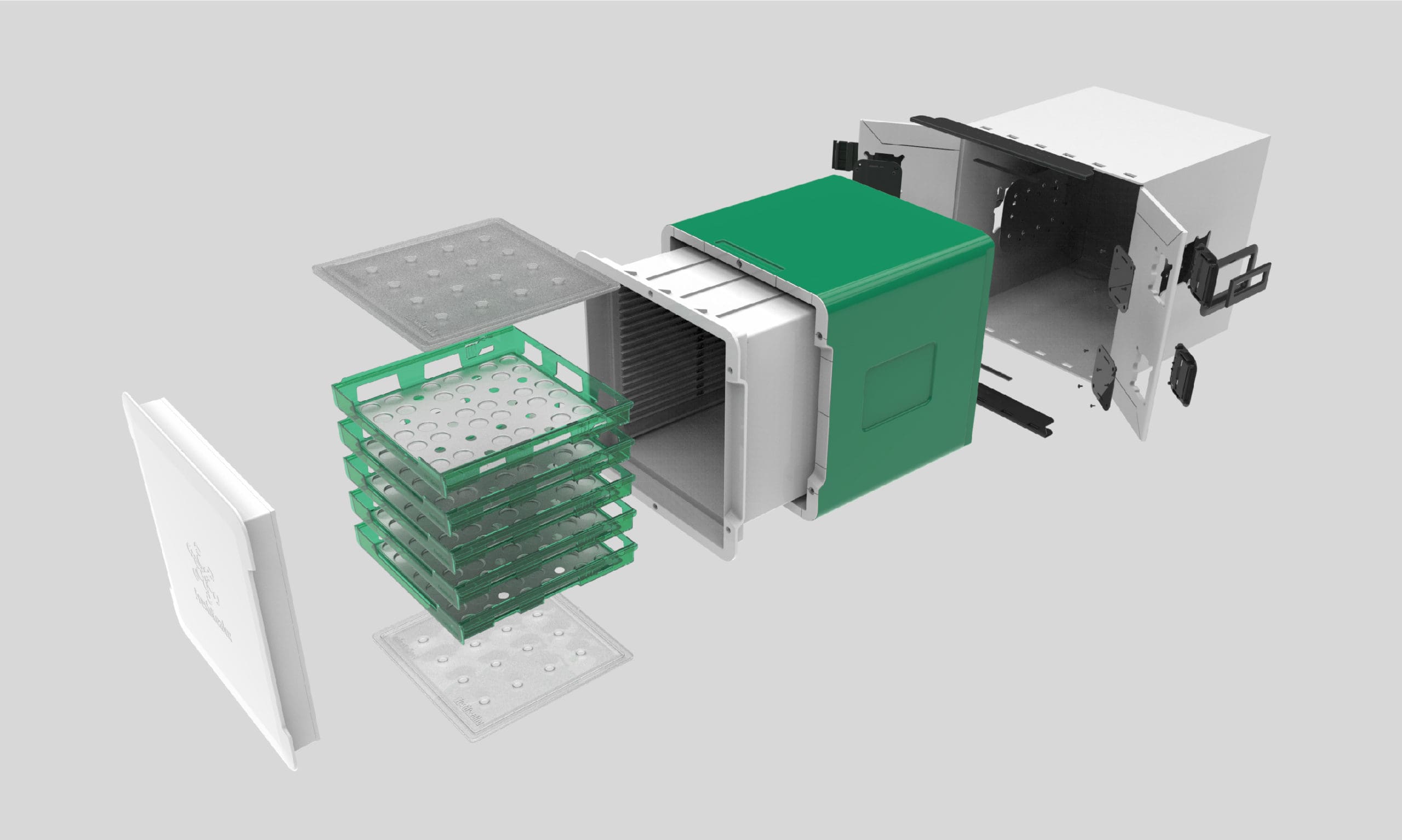
Digital Development
Modern industrial products combine cutting-edge software and hardware. With technology ever-evolving, these products often merge both realms. We utilize top tools and technologies like augmented reality, AI facial and body tracking, natural language processing, blockchain, machine learning with tools like TensorFlow, video processing, hardware integration, IoT, and 3D imaging with OpenGL.
FAQ's
What is industrial product design?
Industrial product design focuses on conceptualizing and creating products that are functional, aesthetically pleasing, and manufacturable. It combines art, science, and technology to bring innovative solutions to everyday problems.
How does industrial product design differ from general product design?
While general product design can encompass a broad range of items, from digital assets to physical objects, industrial product design specifically targets mass-produced goods, often involving materials like plastics, metals, and other industrial materials.
Why is understanding the market crucial for successful industrial product design?
A deep understanding of the market helps designers cater to consumer needs, predict trends, and ensure that the product has a competitive edge once launched.
What are the key stages in the industrial product design process?
The key stages include research, ideation, prototyping, testing, and manufacturing. Each stage requires careful planning and execution to ensure product success.
Can I see examples of previous industrial product design projects from RKS Design?
Certainly! https://rksdesign.com/work-all/. Our portfolio showcases a range of products we’ve designed, reflecting our commitment to innovation and quality.
How do I get started with RKS Design for my industrial product design needs?
Begin by reaching out to our team at https://rksdesign.com/contact/. We’ll discuss your product ideas, market research, and how we can collaborate to bring your vision to life.
Why should I choose RKS Design for my industrial product design needs?
Our expertise in market research, cutting-edge design tools, and a team of seasoned professionals ensure that your product not only looks great but performs exceptionally in the market.
